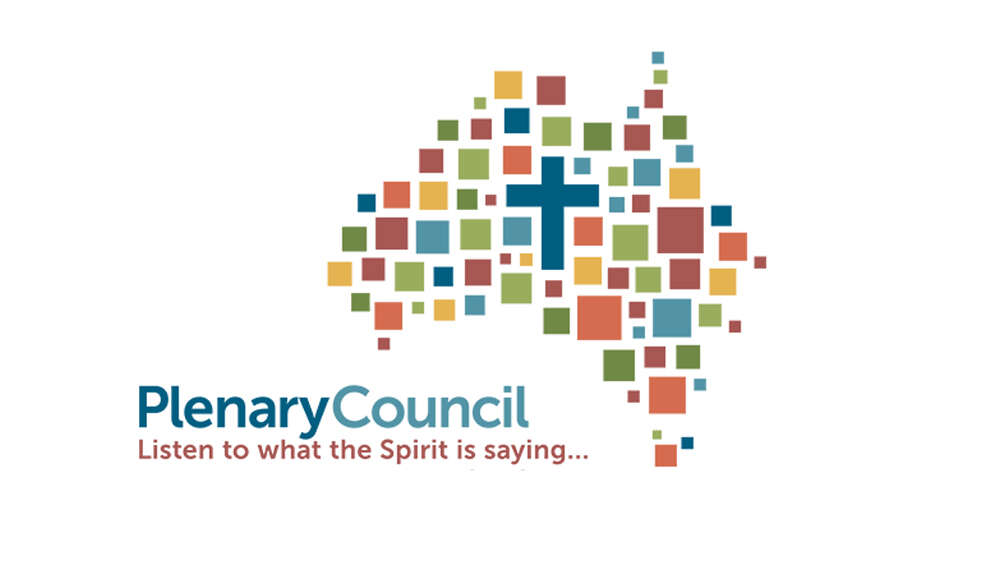One in (almost) a hundred years meeting of Aussie Catholics to discuss, faith, evangelisation – and a humble church following the Royal Commission
An explainer for Protestants about what the Catholics are doing this week
This weekend, an extraordinary gathering of Catholics in Australia meets as a “Plenary,” the first here since 1937 with an agenda ranging from Prayer, Evangelisation (the Catholic term for evangelism) to Inclusiveness and questions about Church Governance.
The 279 members will represent all levels of the Catholic Church in Australia, from Bishops and heads of religious orders to priests and laypeople. “Our understanding is that this is the first time laypeople have been members of a plenary council,” Gavin Abraham, spokesman for the Australian Catholic Bishops’ Conference, told Catholic News Service.
The Plenary follows a two-year listening period seeking input. 220,000 Australians answered the question, “What do you think God is asking of us in Australia at this time?”
“Numerous respondents expressed a desire for a greater trust and love in Jesus Christ, as well as yearning for a greater demonstration of caring for one’s neighbours in everyday life,” the official summary of responses reported. “Many expressed a desire to remain faithful to Catholic teaching, and there was a particularly strong need for greater faith formation.”
Other strong themes were
- “a passionate desire expressed for a greater involvement of the laity at all levels.”
- “evangelisation, particularly to young people.”
- “a desire for the Church to humble itself in the light of the clergy sexual abuse crisis and for more to be done to offer healing and restoration to those affected.”
The Plenary begins on Saturday with an eight-day session that will combine online and face-to-face local groups, with a second session to be held in Sydney in July next year.
The meeting comes when the reliance of the Catholic Church in this country has been tested.
“Preparations for the council followed the report of the Royal Commission into Institutional Responses to Child Sexual Abuse, which found serious failings in the protection of children from abuse in the Catholic Church and other major secular and religious institutions,” is how a guide to the Plenary published in The Pillar magazine puts it.
A Plenary Council paper on the theme of evangelisation explains, “to be effective evangelisers we must recognise the signs of the times, repent of our failures, and under the influence of the Spirit transform our lives, our institutions and our world…
“God’s love endures, but the credibility of the Church has been harmed by revelations about the moral failures of some Church members. This knowledge has damaged the moral authority and trustworthiness of the Church, but it has called us to be holier and humbler in search of greater fidelity to a faithful and merciful God.”
Referring to the Royal Commission into Institutional Response to Child Sex Abuse, the Catholic News Service’s Barb Fraze commented, “The government investigators’ call for a change of culture was echoed by Catholics participating in the Plenary Council’s listening sessions.” L
The Bishops of the Catholic Church were seeking a way to galvanise the Church for the new Millenium, Archbishop Mark Coleridge of Brisbane wrote. “In 2013, however, two things happened that were game-changers.
“The first was the Federal Government’s decision to have a Royal Commission into Institutional Responses to Child Sexual Abuse; the second was the election of Pope Francis. These two events converged to make the need for some kind of national ecclesial event to chart a course into a future in a time of dramatic change seem more necessary.
“Pope Francis then announced two Synods of Bishops, a year apart, both focusing on marriage and the family.” At that meeting in Rome, Coleridge came to a new realisation. “For the first time – certainly at a Roman Synod – I saw discernment in action. It was messy and unpredictable; at the halfway mark, it looked very unlikely that we would achieve anything worth achieving. Yet at the end, we did produce something which wasn’t the last word, but which was a real contribution to the ongoing journey of the Church…
“It was while listening to Pope Francis that I had a kind of light-bulb moment. I thought – “Yes, now finally is the time for the Church in Australia to move towards a plenary council.” That’s what came to me with great clarity and conviction, which seemed to me at the time and still seems to me the work of the Holy Spirit.”
Email This Story
Why not send this to a friend?



